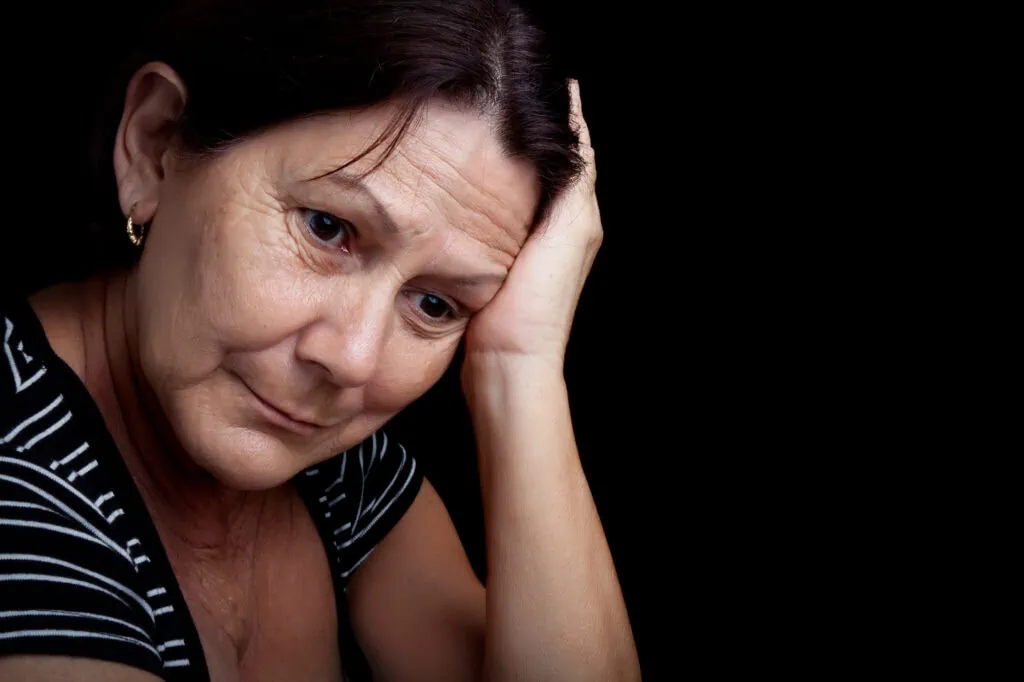
Substance Use Disorder With Bipolar: The Facts
Substance use disorder (SUD) and bipolar disorder are often intertwined, presenting unique challenges for people who live with both. People with bipolar disorder can experience extreme mood swings, including episodes of mania and depression. Their substance use can increase and decrease as they use it to self-medicate; however, it causes problems whenever they use substances.
When these conditions co-occur, they can exacerbate each other's symptoms and significantly impact an individual's quality of life. According to BMC Psychiatriatry, 35 to 60% of people diagnosed with bipolar disorder also have met the criteria for substance use disorder.
Many people with mental health disorders can get sober and stay sober. Treatment means treating both disorders and helping the patient have a higher quality of life in sobriety.
Why Do People With Bipolar Disorder Use Substances?
Bipolar disorder brings a rollercoaster of emotions—those high highs and low lows can be incredibly tough to handle. And then there's substance use disorder, which can be an attempt to numb the pain or find a brief escape from the chaos inside. It's a challenging cycle, but many people can learn to live substance-free despite bipolar disorders.
Some individuals with bipolar disorder may use substances as a way to self-medicate and alleviate symptoms of depression or mania. Substance abuse can trigger and worsen mood episodes in individuals with bipolar disorder, leading to a cycle of substance use and mental health symptoms. Many people who struggle with mental health describe the feelings of hopelessness and helplessness in this cycle. These feelings, however, are not facts. Both SUD and bipolar disorder can be successfully treated.
Having bipolar disorder and substance use disorder can make recovery feel complex, but counselors are familiar with both disorders, and there is effective treatment for each.
Treatment isn't just about managing symptoms; it's about reclaiming a sense of control and rediscovering joy in life. Sober living isn't just a dream—it's a real possibility—and so much more once you’ve been sober for a little while.
Treating SUD and Bipolar Disorder Together
Treating co-occurring disorders requires an approach that addresses both conditions simultaneously. Integrated treatment programs that combine therapy, medication management, and support groups are effective in managing both bipolar disorder and substance use disorder.
Cognitive Behavioral Therapy (CBT) is an excellent option for untreated bipolar disorder and is used often in drug treatment programs. By targeting negative thought patterns and behaviors, CBT equips individuals with strategies to recognize and manage triggers for mood episodes.
Through structured sessions, individuals learn practical skills to challenge distorted thinking, regulate emotions, and develop healthy coping mechanisms. CBT's focus on problem-solving and skill-building makes it well-suited for addressing the challenges of untreated bipolar disorder, offering hope for symptom management and better overall well-being.
Getting Sober Is The Way To Optimal Mental Health
One of the critical components of treating co-occurring disorders is achieving sobriety. When people with bipolar disorder and substance use disorder abstain from drugs and alcohol, it becomes easier to manage their symptoms. Sobriety allows individuals to gain clarity of mind, adhere to medication regimens, and engage more fully in therapy and other forms of support.
Getting sober isn't easy. It takes courage, determination, and support. But when that happens, it's like a fog lifting. When it lifts, it becomes easier to tackle the challenges of bipolar disorder head-on. Meds become more effective, therapy gains traction, and people can build a new foundation in recovery.
People with co-occurring disorders deserve to live the highest quality of life possible. This includes access to effective treatment, support, and resources to help them manage their conditions and pursue their goals and aspirations.
With the proper support and commitment to recovery, people with bipolar disorder and SUD can achieve stability, improve their overall well-being, and lead fulfilling lives.
People with mental health disorders deserve a life filled with laughter, love, and purpose. They deserve access to the tools and resources that will help them thrive.
Getting Help for Substance Use Disorder
If you're struggling with both substance use problems and a mental health disorder, or if someone you care about is facing these challenges, remember, you're not on this journey alone.
Coping with both substance use challenges and a mental health disorder can feel overwhelming, but you don't have to face it alone. We’re here to help you chart a new path in life, gain new coping skills, and begin the path to healing. Get in touch to learn how we can help you start your journey.
Categories
Addiction
